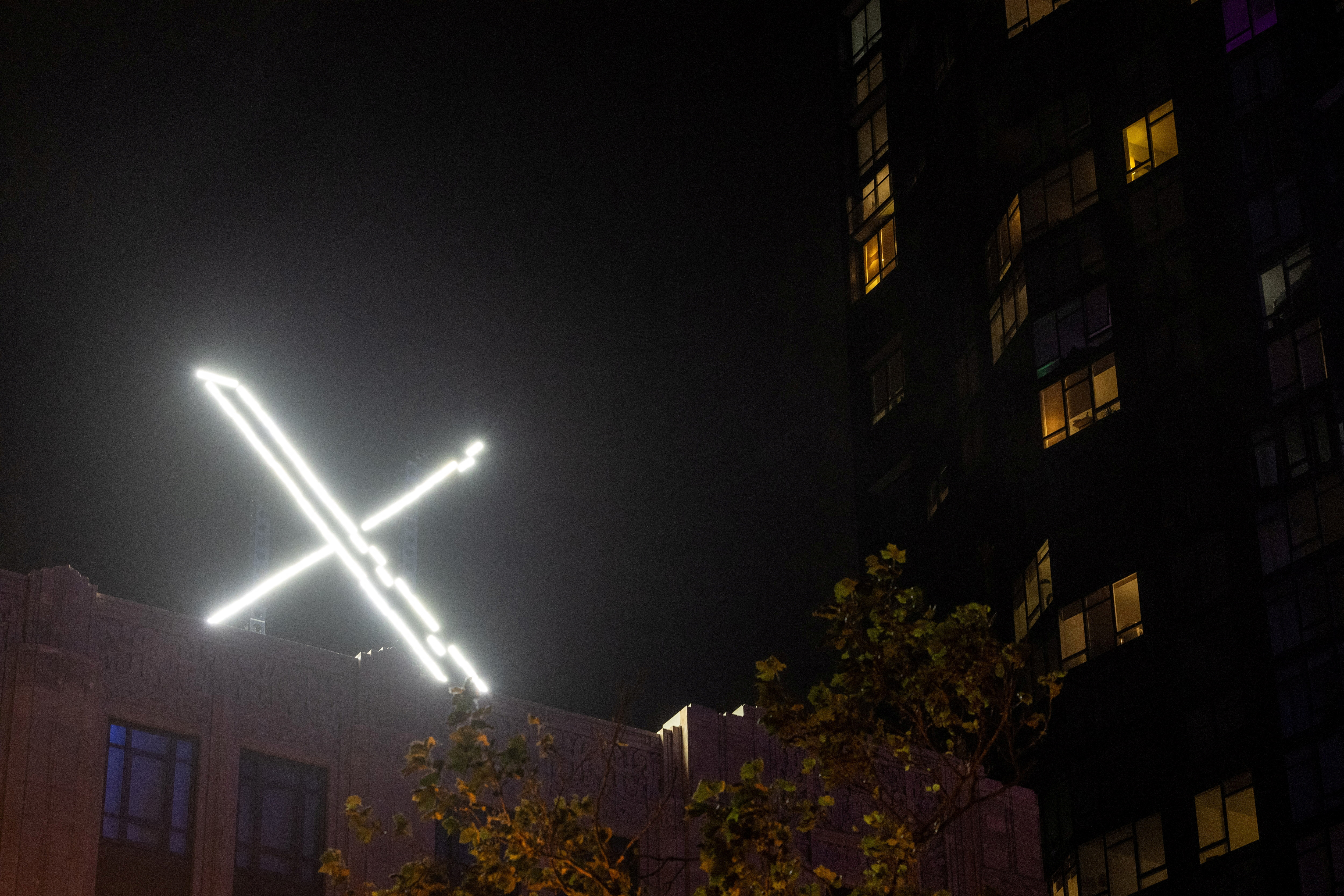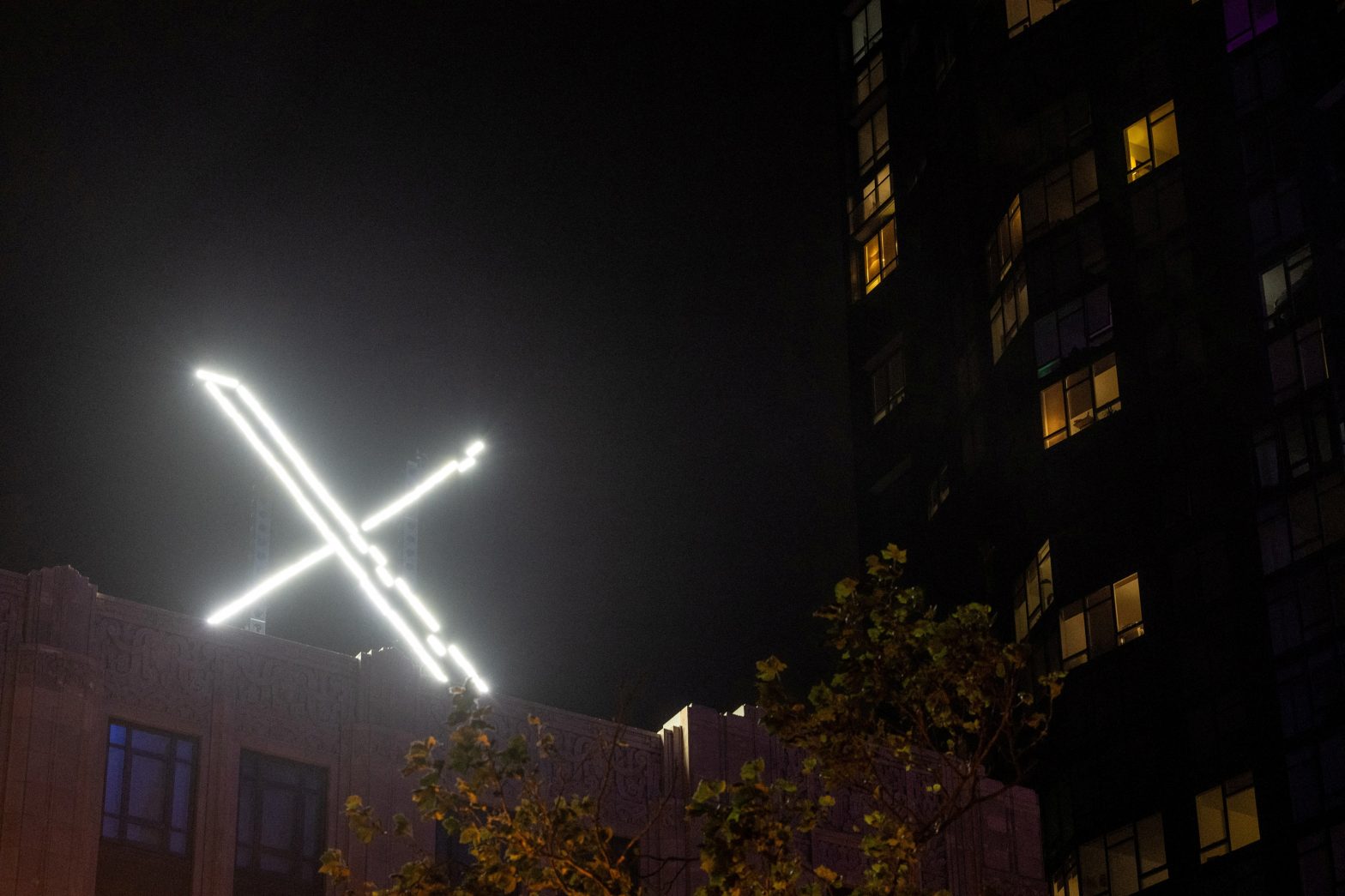
‘X’ logo is seen on the top of the headquarters of the messaging platform X, formerly known as Twitter, in downtown San Francisco, California, U.S., July 30, 2023. REUTERS/Carlos Barria/File Photo Acquire Licensing Rights
Sept 8 (Reuters) – Elon Musk’s X Corp sued California on Friday, challenging the constitutionality of a state law establishing new transparency requirements for social media companies, including how they police disinformation, hate speech and extremism.
X, the social media platform once called Twitter, said the law, known as Assembly Bill 587, violates its free speech rights under the U.S. Constitution’s First Amendment and California’s state constitution.
In a complaint filed in federal court in Sacramento, California, X said the law’s “true intent” was to pressure social media companies into eliminating content the state found objectionable.
By doing so, California is forcing companies to adopt the state’s views on politically charged issues, “a form of compelled speech in and of itself,” X said.
Musk, a self-described free speech absolutist and the world’s richest person, bought Twitter for $44 billion last October. He also runs the electric car company Tesla (TSLA.O) and space exploration company SpaceX.
Civil rights groups including the Anti-Defamation League and the Center for Countering Digital Hate have identified increases in the volume of hate speech on X targeting Jews, Blacks, gay men and trans persons since Musk took over.
The office of California Attorney General Rob Bonta, which enforces state laws, did not immediately respond to requests for comment on the lawsuit.
AB 587 requires larger social media companies to issue semiannual reports that describe their content moderation practices, and provide data on the numbers of objectionable posts and how they were addressed.
The law also requires companies to provide copies of their terms of service. Failure to comply risks civil fines of up to $15,000 per violation per day.
Gavin Newsom, California’s Democratic governor, signed the law last September, saying the state would not let social media be “weaponized” to spread hate and disinformation.
Musk laid off thousands of employees after buying Twitter, and on Monday blamed critics including the ADL for a 60% decline in U.S. advertising revenue.
In a recent interview, A.J. Brown, who resigned in June as X’s head of brand safety and ad quality, said a recent policy change that limited the visibility of objectionable posts on X rather than removing them made it difficult to convince advertisers the platform was safe.
The case is X Corp v Bonta, U.S. District Court, Eastern District of California, No. 23-at-00903.
Reporting by Jonathan Stempel in New York; Editing by David Gregorio
Our Standards: The Thomson Reuters Trust Principles.
